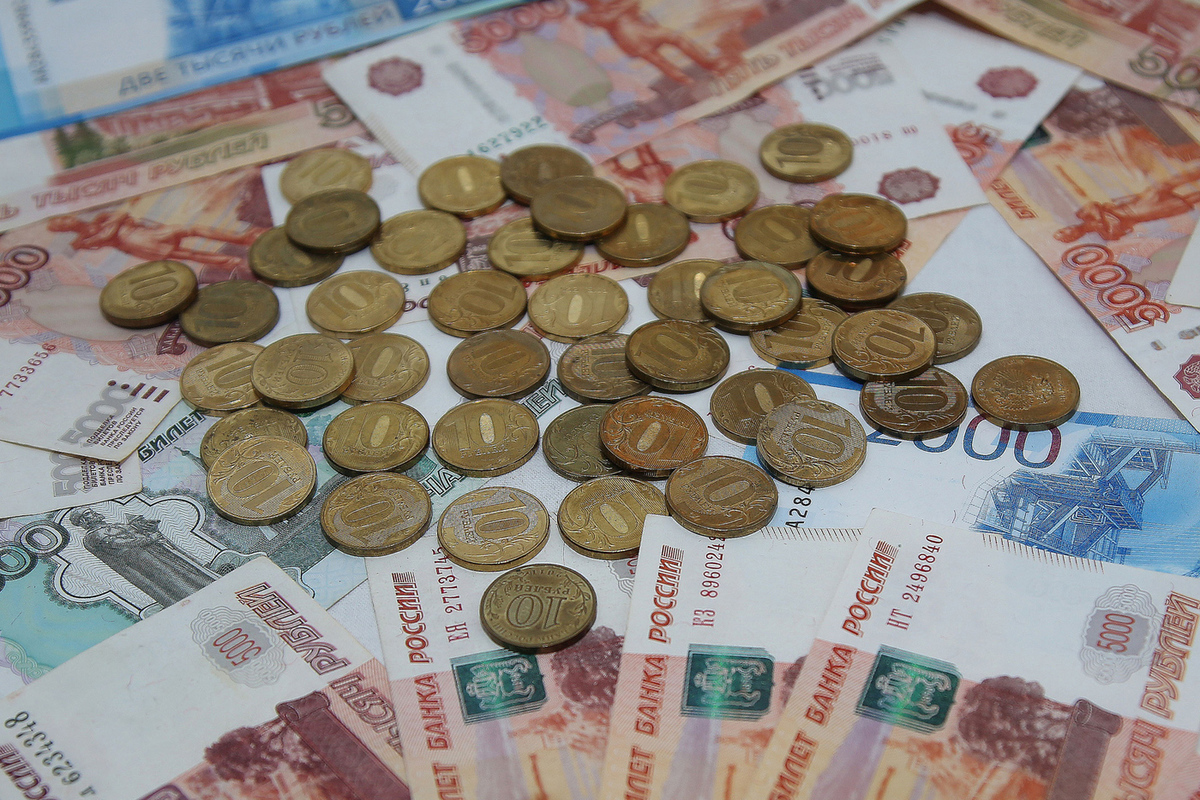“Fair Burden”: Will there be a progressive tax in Russia?
[ad_1]

The authorities will again try to modernize the fiscal system
The Ministry of Finance will work with legislators and businesses on fairer taxation, said the head of the department, Anton Siluanov, following the results of the president’s address to the Federal Assembly. We are talking about the idea, repeatedly voiced at the top, but never fully implemented, to introduce a differentiated tax rate in Russia.
It is clear that the Minister of Finance could not help but react to Putin’s proposal to “think through approaches to modernizing our fiscal system, to a more equitable distribution of the tax burden towards those with higher personal and corporate incomes.” How much this is needed by Siluanov himself, a man who is responsible for every penny of the budget and in his extremely responsible activities does not seem to put the criterion of justice at the forefront, is an open question. But in any case, the command is given, and it must be carried out.
By the way, this resonant news intersects with another, also on the historically painful topic of justice for Russians: as the president said, “no one, neither government officials nor law enforcement officers,” is allowed to oppress business, which “must have guarantees of inviolability, property, assets and their new investments.”
“Attempts to modernize the tax system in the country have been continuously made since approximately 2009,” says Alexey Vedev, director of the Center for Structural Research at RANEPA. – One of the largest came in 2015, when the Center for Strategic Research under the leadership of Alexei Kudrin was preparing proposals for the government. They contained a number of tax innovations, some of which (for example, an increase in VAT) were eventually implemented, and some were not (reduction of income tax). In addition, they then decided to abandon the transition to a progressive tax rate for personal income tax. A flat scale has quite a lot of advantages: first of all, it stimulates domestic demand and contributes to the creation of jobs in the public sectors, in healthcare and education.”
At the same time, in Vedev’s opinion, the fiscal system as a whole needs further modernization, since there are risks of an increase in the budget deficit, and it is necessary to optimize revenues to the treasury. The higher your turnover and profit, the higher the tax rate should be. But how this will be implemented in practice, in particular in relation to the corporate sector, is still unknown. There are already elements of a progressive scale in the tax system – in 2021, Russia increased the tax for people with income over 5 million rubles per year by 2% (to 15%). But this is only the beginning of a lot of work.
Let us also recall that in 2023, an excess profit tax was introduced for large Russian businesses. At the same time, the law exempts from its payment companies created after 2020, representatives of small and medium-sized businesses, companies in the oil and gas sector and coal mining, as well as organizations paying the unified agricultural tax.
[ad_2]
Source link






